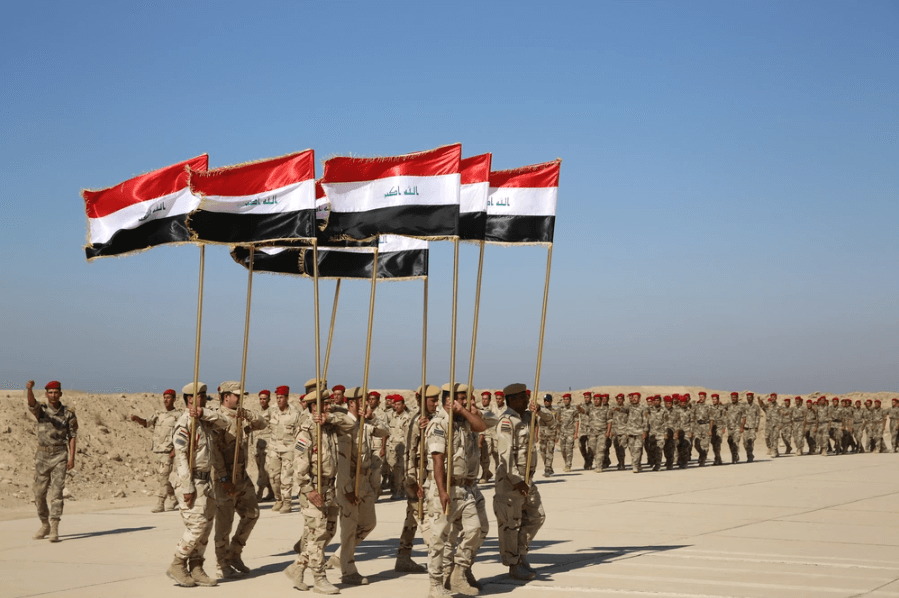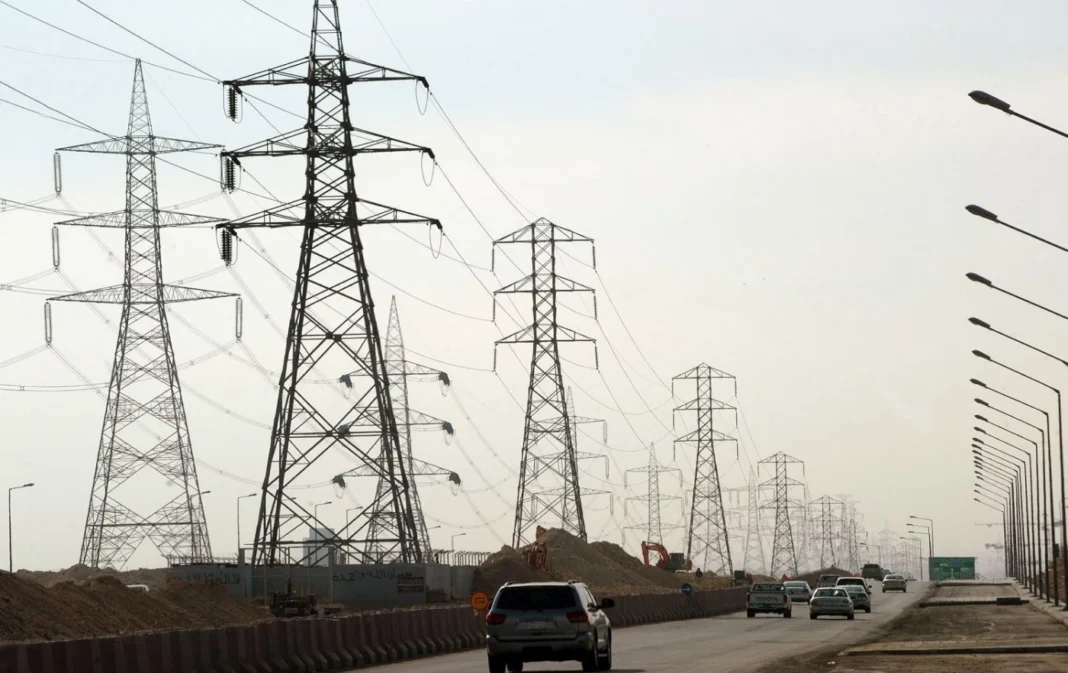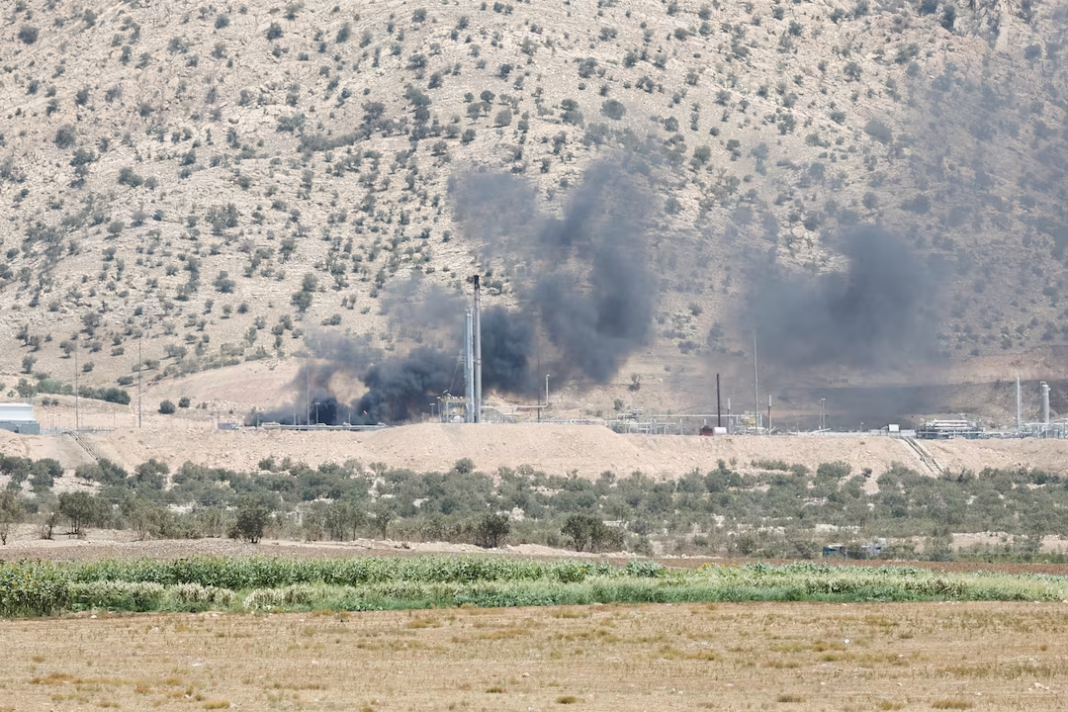The U.S. Chargé d’Affaires David Fagen expressed strong concerns about the Popular Mobilization Forces legislation during a meeting with First Deputy Speaker of Parliament Mohsen al-Mandalawi on August 2. He warned that passing this law could deepen foreign influence and empower armed groups outside state control.
According to the U.S. Embassy in Baghdad, Fagen stated the legislation could “institutionalize Iranian influence” and “strengthen armed terrorist groups.” These actions threaten Iraq’s sovereignty and national security. Fagen’s warning echoed earlier statements by U.S. Secretary of State Marco Rubio. Rubio told Prime Minister Mohammed Shia al-Sudani that the law might legitimize armed factions linked to Iran, undermining Iraq’s independence.
The Popular Mobilization Forces legislation seeks to formalize the PMF’s status within Iraq’s security framework. The PMF, also called Hashd al-Shaabi, was formed in 2014 to counter the Islamic State’s advance. Although officially part of Iraq’s security forces, the PMF includes groups with close Iranian ties and some autonomy from Baghdad.
Despite its controversial nature, the Iraqi parliament advanced the draft law by completing a second reading in mid-July. However, many Sunni and Kurdish lawmakers protested by walking out. They opposed adding the bill to the agenda without reaching a consensus. This division highlights the bill’s contentious standing within Iraq’s political landscape.
The parliament has not yet scheduled a final vote on the Popular Mobilization Forces legislation. Observers expect that debates will continue given the law’s potential to reshape Iraq’s security sector. Many worry that it may worsen foreign influence and complicate efforts to unify the country’s armed forces under civilian control.
In conclusion, the U.S. continues to watch the Popular Mobilization Forces legislation closely. The law’s passage could alter Iraq’s sovereignty and security balance. As lawmakers prepare for future sessions, the debate over this legislation remains a critical issue for Iraq’s political future.



